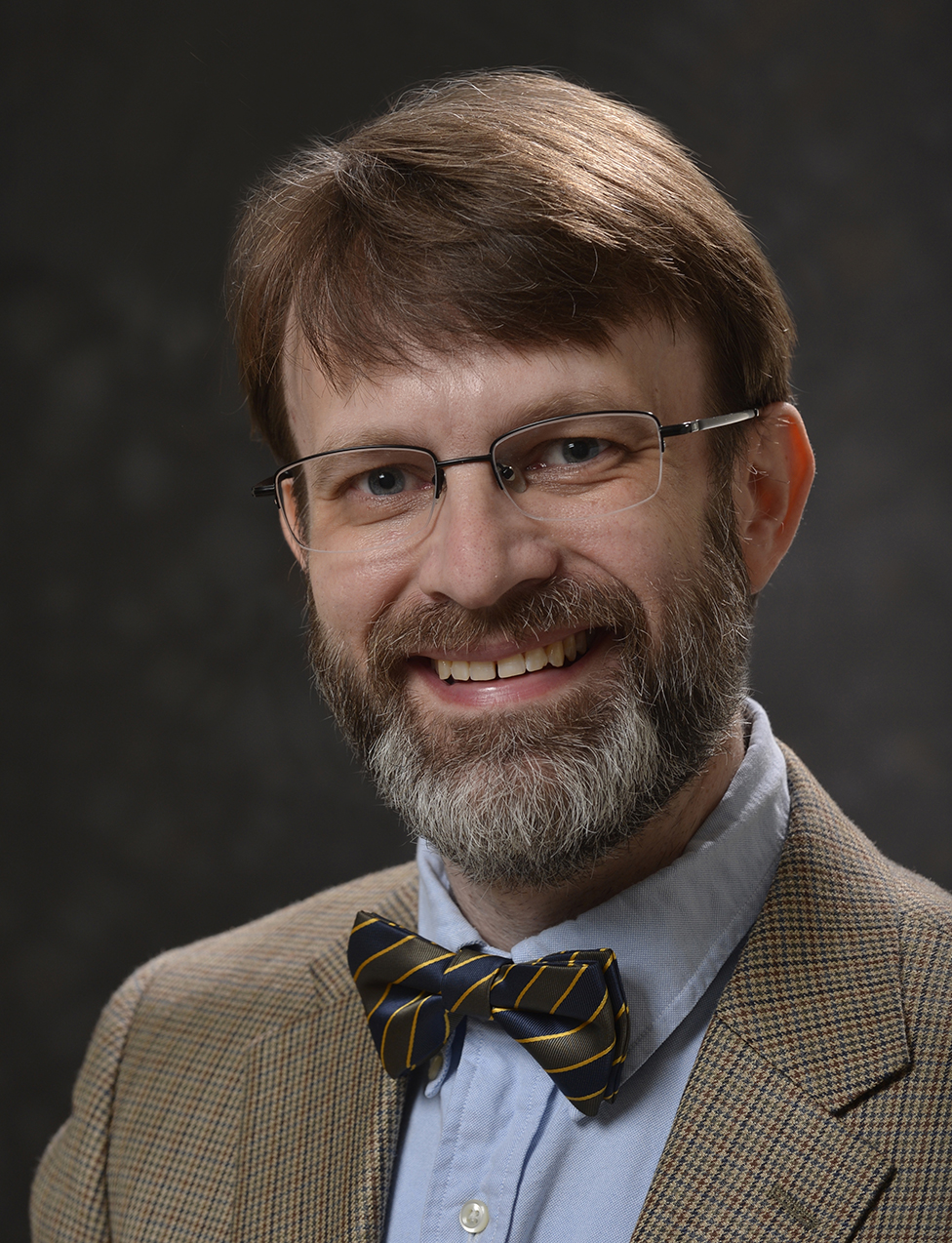
Dr. Jeremy Kepner
Dr. Jeremy Kepner is an MIT Lincoln Laboratory Fellow. He founded the MIT Lincoln Laboratory Supercomputing Center and pioneered the establishment of the Massachusetts Green High Performance Computing Center. He has developed novel big data and parallel computing software used by thousands of scientists and engineers worldwide. He has led several embedded computing efforts, which earned him a 2011 R&D 100 Award. Dr. Kepner has chaired the SIAM Data Mining conference, the IEEE Big Data conference, and the IEEE High Performance Extreme Computing conference. Dr. Kepner is the author of two bestselling books, Parallel MATLAB for Multicore and Multinode Computers, and Graph Algorithms in the Language of Linear Algebra. His peer-reviewed publications include works on abstract algebra, astronomy, astrophysics, cloud computing, cybersecurity, data mining, databases, graph algorithms, health sciences, plasma physics, signal processing, and 3D visualization. In 2014, he received MIT Lincoln Laboratory’s Technical Excellence Award.
Dr. Kepner holds a BA degree in astrophysics from Pomona College and a PhD degree in astrophysics from Princeton University.

